Council settled (March 13) on a 10.53% general municipal tax hike based on all the good reasons listed below. This works out to $147.12 per year or $12.26 per month for the average assessed ($785k) property in Sooke.
As the staff report states: “The focus of the budget is on continuing the current levels of service, transitioning to 24/7 policing, continued support of 24/7 fire rescue services, bylaw services, and implementation of the asset management plan. With the proposed changes Sooke remains one of the lowest tax rates on Vancouver Island and comparable-sized municipalities in the province.” The District’s annual Budget Open House is set for Wed. April 3, 2 to 7:30 PM.
The District keeps refining its budget messaging. You'll see in the storyboards prepared for the open house that the latest number crunching reveals that our municipal taxes are, in fact, the lowest in BC on a per-capita basis among communities sized between 10k and 20k people. Interestingly, there has been little feedback (two letters) to what amounts to the biggest tax increase in the District's short (25 year) history. Good evidence that we, the taxpayers, are prepared to invest in this growing community's future.
Starting Points
District of Sooke: Let's Talk Budget 2024
Website home page with links to all relevant materials, including:
- Budget 2024: What We Heard citizen survey (1,000 persons surveyed in June-August, 2023 period)
- Budget Brief 2024 - 4-page explainer (Nov. 22, 2023)
- Five-Year Financial Plan 2024-2028 (presented to the Committee of the Whole this afternoon, next step in meeting a May 15 provincial deadline to finalize this annually updated legislative requirement... today to be followed by an in-depth departmental service review (March 13, 7 PM); the presentation of a revised budget to Council; a Community Budget Open House; and then final adoption and the near-immediate start of the next year's budget cycle with a Budget 2025 public survey.)
[IMO observation at the outset: Bravo to District staff led by Interim CAO/Director of Financial Services Raechel Gray, her deputy Ben Currie and Communications Coordinator Christina Moog for delivering a best-ever budget package -- comprehensive, colourful, chart-packed, reader-friendly, persuasive and rooted in best-practice community engagement. This is light years removed from the daunting spreadsheets blanketed in black numbers that I first began stumbling blindly through when i got interested in municipal life a decade ago. Bonus: Spreadsheets are back in this year's budget, with five years of Capital Plan spending starting on pg. 36.]
Pocketbook Top Note
- Initial proposed tax hike of 13.3% on our 2024 property tax bills to cover an increase of $1.45m in new District operational expenses.
- This equates to $185.16 per year based on the average BC Assessment-rated Sooke home value of $782,905
- Note: As in years past, this is a first bullseye targeted increase. Council has and will again inevitably reduce this number (likely back into single digits if at all possible) while also recognizing the importance of continued investment in Sooke by homeowners (85%) and businesses who call for a functional, safe, connected community. Last year, we started at 9.34% and whittled it to 6.99%.
- A +1% increase in taxes equates to $109k approx. in new revenue
Leading Rationales for the Increase
- + 7% ($755k) in Community Safety funding for Sooke Fire, Sooke RCMP and District Bylaw Services. [See my Budget 2023 Starter for the reasons why Sooke council voted last year to support 24/7 unionized service with the hiring (through 2027) of eight new Sooke Fire Service career officers and five more Sooke RCMP officers.]
• + 2% ($218,154) to begin building an essential and so-far largely non-existent Asset Management reserve fund for use as needed over the next many decades. [See the Dec. 11 Council agenda (pp. 49-182) for the council-endorsed Asset Management Plan and Policy. We approved 2-to-3% per year for this good community housekeeping necessity, just like communities across Canada that are struggling to deal with their respective infrastructure deficits.]
• + 3.7% (roughly) increase to account for inflationary, contractual, and wage rate increases. This figure aligns with the Greater Victoria Consumer Price Index rolling 12-month average as of December 2023. [BC Stats CPI Highlights - Jan. 2024]
Further Rationale: Budget 2024 Community Feedback
The budget is based solidly in public feedback gathered from June 21 to Aug. 20 last year and crunched in Budget 2024: What We Heard. Its top citizen priorities are addressed to some necessarily partial but still significant degree in the budget:
"- Traffic planning and management, including road maintenance and the ability to walk or bike safely around Sooke;
- Emergency Response (police and fire rescue services);
- Parks and greenspaces, including care for the environment;
- Health and wellness services; and
- Community Planning."
Limited Wriggle Room
The draft Five-Year Financial Plan 2024-2028 (pg. 10) cites discretionary (optional for council to approve or cut) and non-discretionary (in process, contracted and unavoidable) expenses in the operational budget. If all are approved, then these items account for the $1,452,155 in new expenses that would be covered by the 13.31% tax increase. As this year's budget package clearly states, property taxes are primarily used to fund District staffing and benefits.
Non-discretionary includes:
- RCMP contract (+$392k)
- CUPE and IAFF wage increases (+262k)
- New firefighters and support staff (+$363k)
- WorkSafe BC premium (+$199k)
- Council annual CPI increase (+$6,519, which equates to a raise of $21,466.88 to $22,260.64 for councillors; $50,752.24 to $52,630.07 for Mayor ... This is fine enough, I've long accepted, for my and Carolyn's modestly comfortable lifestyle, yet future councils must necessarily draw fresh, engaged, committed councillors and this minimum-wage nonsense for what could/should be full-time work has to end eventually. Our delayed but forthcoming Strat Plan will call for another salary review, I'm sure.)
Discretionary includes:
- Asset Management reserve fund (+$218k - essential, common sense)
- Auxillary Bylaw Officer (+$42k - essential to assist the two-person bylaw team deal with multiple issues, including working with the homeless)
- CUPE contract CPI adjustment ($60k - essential for employee retention in a hugely competitive job market)
- Parks, facilities, fire and administration operation cost increases ($167k total - all valid and needed, I'm sure, as to be explained at the service review meeting)
Major Capital Projects Cited in the Draft Plan
See pg. 20 for capital project funding sources. These are highlighted by $3.5m in successful grants + road, sewer and parks Development Cost Charges arising from new development (i.e., $5.16m this year) + the Community Building Fund (aka Gas Tax) + other reserves (Casino, Asset Replacement, Playing Field, Sooke Program of the Arts and Fire Equipment reserves.)
1. Church/Thoup Roundabout and the Charters Road Corridor
2. Throup Road Connector design
3. Highway 14/Charters Intersection design
4. Phillips Road connector design
5. Wadams Transit Exchange design
6. Ella Road design
7. Whiffin Spit Master Plan
8. Ravens Ridge Park enhancements
9. Little River (Demamiel Creek) Pedestrian Crossing
10. Playground equipment safety replacements
* Note: It is critical for Sooke Transportation Master Plan priority routes to be blueprinted out to shovel-ready status to meet criteria for provincial and federal grant opportunities.
Future Big-Ticket Anticipated Expenses in the Five-Year Plan (grant and borrowing dependent)
Operations - TMP implementation
- Charter Corridor North (Throup to Gollege) - $2.2m (2025, already budgeted)
- Charter Corridor South (Gollege to Sooke Rd) - $2m (2025)
- Frances Gardens stormwater management - $1m (2025)
- Ella Road rebuild - $1.35m (2025)
- Brownsey Blvd. stormwater management - $500k (2026)
- Throup Road (Charters to Church roundabout) - $2.6m (2026)
- Throup Road connector (Phillips to Charters) - $18m (2027)
- Phillips Road Corridor (Sooke Rd. to north of SEAPARC) - $7m (2027)
- Five Year Road Program - $500k annually
Sewer
- West Coast Road force main (Townsend to Atherley) - $1.5m (2025)
- Sewer extension to Kaltasin - $9.8m (2026)
Parks
- Deamiel Creek Crossing Bridge - $990k (2025, already budgeted)
- Municipal Hall interior/exterior upgrades - $800k (2026)
- Broom Hill playground replacement - $900k (2026)
- Pier and boardwalk upgrades - $150k (2026)
- Playground equipment safety replacements - $100k annually
Breakdown (2023) of our total tax bill
District of Sooke – 44.1%
SD 62 – 28.1%
CRD – 15.8%
BC Transit – 4.4%
Library – 3.4%
CRD Hospital District – 3.2%
BC Assessment – 1%
Increases from Other Sources
* CRD: 3.9% increase in 2024 ($21.54) to cover regional, sub-regional and local (i.e., SEAPARC and Sooke Region Museum) services provided to the Sooke by our regional government. SEAPARC and regional parks are, by a considerable margin, the two biggest line items in the CRD budget.
Tax hikes over the last decade total 34.38% ... nonetheless, Sooke at $1,594 in municipal residential property taxes (for the average assessed property) is second only to Lake Cowichan ($1,540) in having the lowest bills on Vancouver Island amongst communities south of Campbell River. The median tax among the 25 jurisdictions cited in the draft plan is $2,381 (i.e., what folks in Port Alberni, Colwood, Qualicum Beach approximately pay). Oak Bay tops the list at $5,063 per tweed-curtain household. Not that this alone justifies major local increases, of course.
2023 - 6.99%
2022 ~ 6.09%
2021 ~ 3.31%
2020 ~ 0.00%
2019 ~ 7.18%
2018 ~ 2.79%
2017 ~ 5.58%
2016 ~ 0.85%
2015 ~ 0.00%
2014 ~ 0.02%
2013 ~ 1.59%
2012 ~ 0.00%
Other BC Tax Increases in 2024
This is the tax comparison list in order from the 2024 draft financial plan. Among these communities, Sooke ranks as the second lowest in terms of residential property tax.
* Lake Cowichan (4% proposed)
* District of Sooke (13.3% proposed)
* District of Lantzville (0% final)
* North Saanich (no budget presented yet)
* Comox
* Duncan (7.54% proposed)
* North Cowichan
* Metchosin
* Courtenay
* Ladysmith
* Langford (15.6% proposed. Council has decided to “rip the band-aid off” as per this rationale from three of its councillors, which is common sense, practical and responsible to future taxpayers IMO. It, in turn, generated this response by residents. Deep gratitude for not residing in a community this divided and politicized.)
* Sidney
* Highlands
* View Royal
* Campbell River
* Port Alberni
* Colwood
* Qualicum Beach (7.7% proposed)
* Central Saanich (7.76% proposed)
* Nanaimo
* Esquimalt
* Tofino
* Saanich
* Victoria
* Oak Bay
Other property tax increases this year ...
* Cowichan Valley Regional District (16.35% proposed)
* Parksville (6.6% proposed)
* City of Vancouver (7.75% final)
* Osoyoos (24% current following 41% initial proposal)
Archive of my earlier budget posts
- Budget 2023 Starter
- Budget 2022
- 2020/21
- CRD (2019)
- Budget 2019
Updates to follow in the weeks ahead, including insights into the tax hits being felt in other BC communities this year.
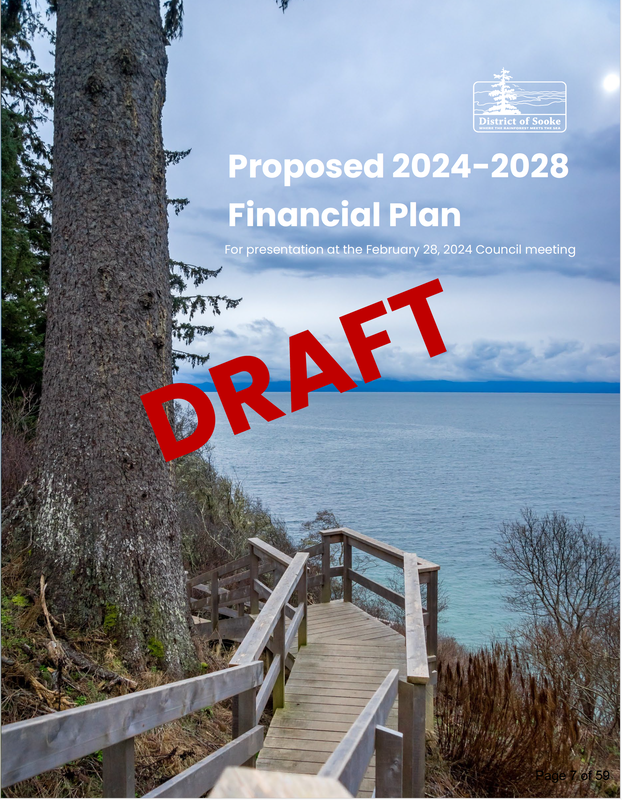
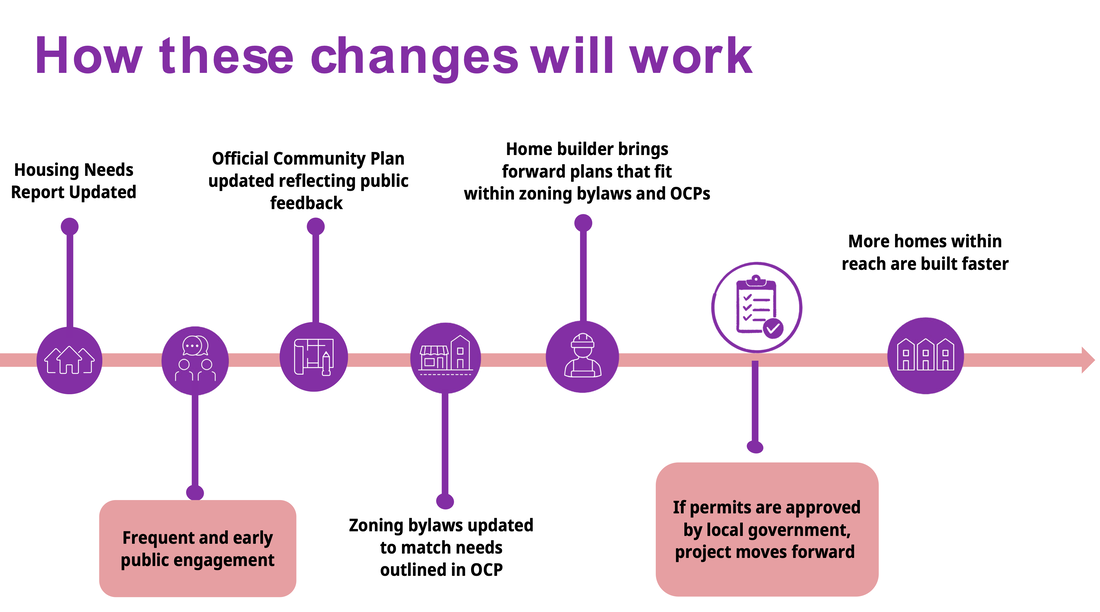
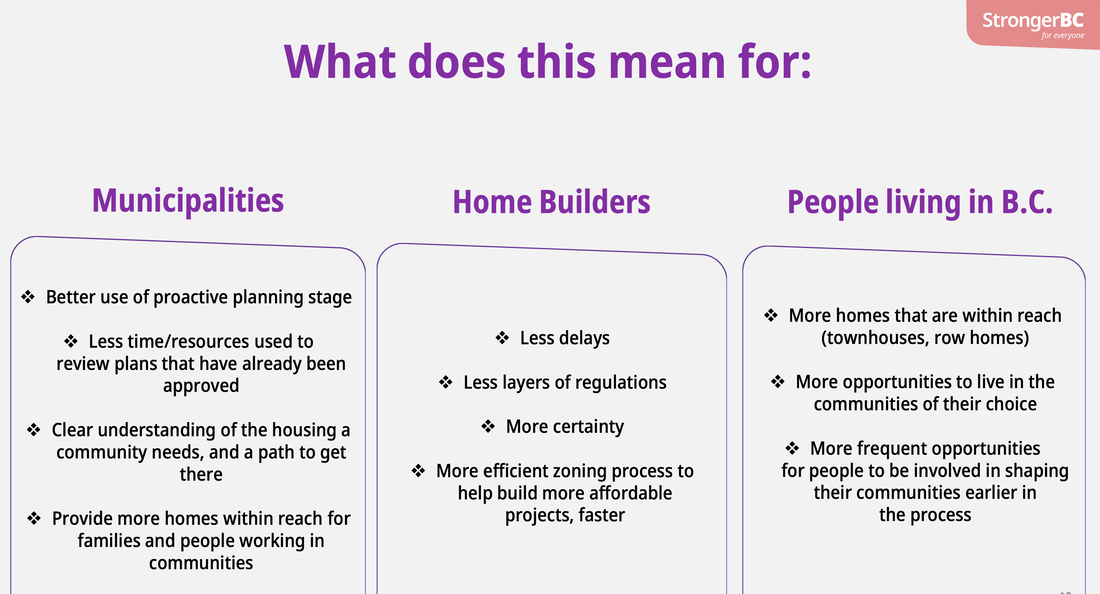
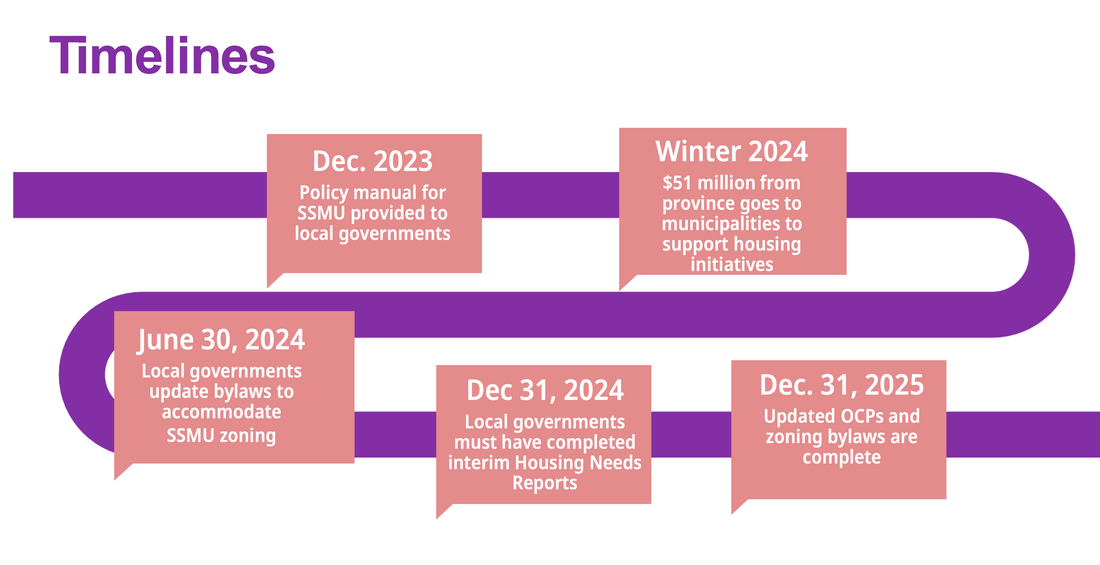
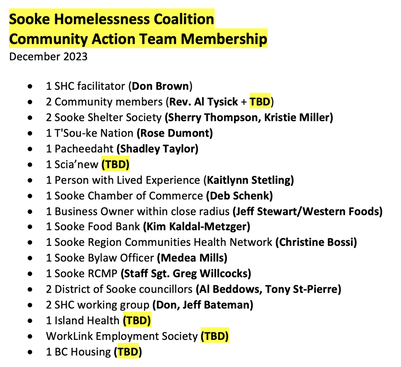
 RSS Feed
RSS Feed